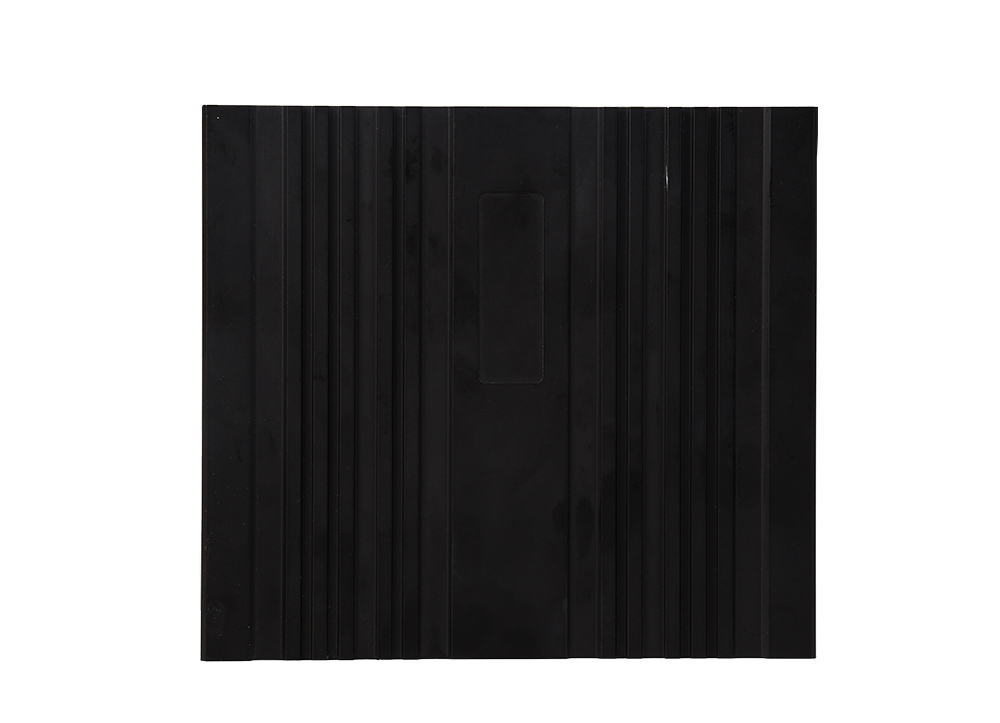Time:2023-10-10 Preview:
CNC lathe is a high-precision and high-efficiency automated machine tool. The use of CNC lathe can improve processing efficiency and create more value. The emergence of CNC lathe has freed enterprises from the outdated processing technology. The processing technology of CNC lathe is similar to that of ordinary lathe, but since CNC lathe is a one-time fixture that continuously and automatically processes all turning processes, the following aspects should be paid attention to.
Reasonable selection of cutting amount
For efficient metal cutting, the processed material, cutting tools, and cutting conditions are the three main factors. These determine processing time, tool life, and processing quality. The economical and effective processing method is inevitably a reasonable choice of cutting conditions.

The three elements of cutting conditions: cutting speed, feed rate, and cutting depth directly cause tool damage. With the increase of cutting speed, the temperature of the tool tip will rise, resulting in mechanical, chemical, and thermal wear. If the cutting speed is increased by 20%, the tool life will be reduced by half.
The relationship between feed conditions and tool wear occurs within a very small range. But with a large feed rate, the cutting temperature rises, resulting in significant wear afterwards. It has less impact on the tool than cutting speed. Although the impact of cutting depth on the tool is not as significant as the cutting speed and feed rate, during micro cutting, the material being cut produces a hardened layer, which also affects the tool's lifespan.
Users need to choose the cutting speed to use based on the material being processed, hardness, cutting status, material type, feed rate, cutting depth, etc.
The selection of the most suitable processing conditions is based on these factors. Regular and stable wear and tear to reach a lifespan is the ideal condition.
However, in practical operations, the selection of tool life is related to tool wear, changes in machined dimensions, surface quality, cutting noise, and processing heat. When determining the processing conditions, it is necessary to conduct research based on the actual situation. For difficult to machine materials such as stainless steel and heat-resistant alloys, coolants or blades with good rigidity can be used.
 Related News
Related News·Reasons for poor powder spraying effect of hardware ·How to change the tool on CNC machine tools ·How to make the five -axis CNC processing simple ·What skills should CNC parts processing personnel possess? ·CNC maintenance ·Choice of CNC milling cutter ·Why choose a dual spindle machining center? ·CNC parts processing process process process is excessively decentralized ·Medical parts CNC processing ·Installation method for casting mold shells?


